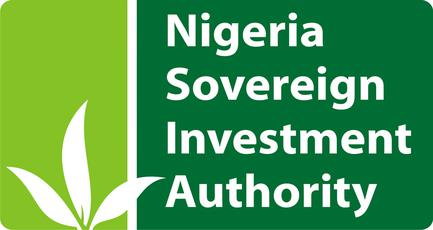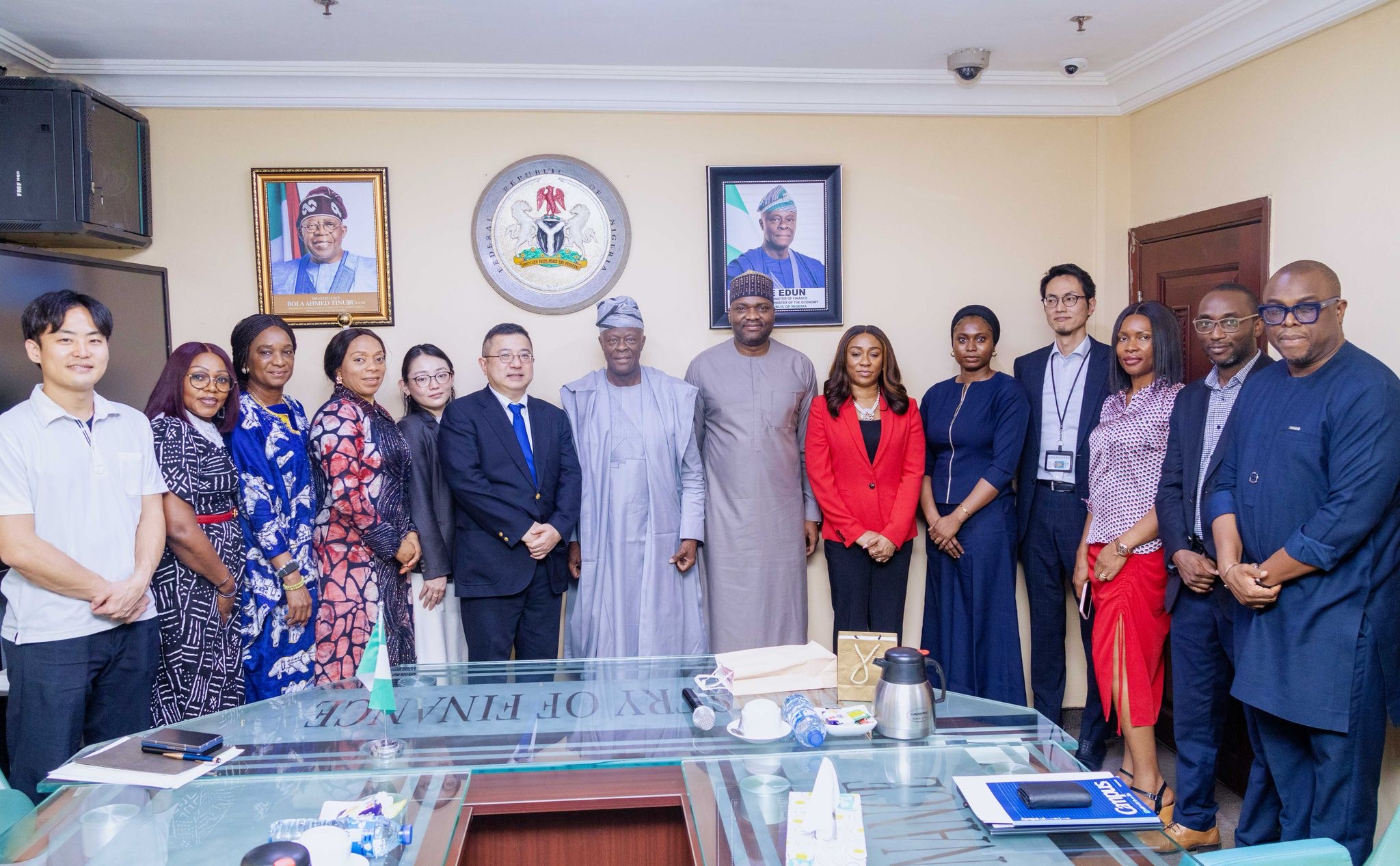UPDATED: NSIA set to exit fertiliser blending sector

The Nigeria Sovereign Investment Authority (NSIA) is preparing to end its intervention in the country’s fertiliser blending sector following an eight-year effort that has seen the number of functional blending plants grow from just four in 2017 to more than 90 across the country.
The decision marks the final phase of a transition plan designed to hand over full operational control to private sector blenders.
At the NSIA’s 2024 Earnings Presentation and media engagement held in Abuja, the Managing Director and Chief Executive Officer of the Authority, Mr. Aminu Umar-Sadiq, disclosed that the Authority has fulfilled its mandate in resuscitating the sector and that its continued involvement is no longer necessary.
He explained that the liberalisation of the sector, strengthened by the Central Bank of Nigeria’s removal of foreign exchange restrictions on the importation of inputs, has attracted active market participants capable of sustaining operations without NSIA’s intervention.
According to Umar-Sadiq, “Because we have gone from four operating blending plants to over 90 today, and with the FX ban on importation lifted, it is now a liberalised sector with vibrant players. NSIA is no longer needed.”
He revealed that the fertiliser initiative, which began in 2017, was always intended to be temporary.
The focus from the outset, he said, was to make blending plants self-reliant, not to entrench NSIA’s continued presence in the sector.
“We started by procuring all the raw materials, transporting them to the plants, paying for blending, and then distributing the finished products,” he said. “Over time, as these companies established credible financial histories, we encouraged them to access bank guarantees to independently purchase raw materials.”
The NSIA gradually reduced its role, leaving blending companies to handle logistics and purchase inputs like urea and limestone. “Our current position is limited to importing phosphate and potash,” he noted.
In two to three years, the NSIA expects the plants will be fully capable of handling those imports themselves, completing NSIA’s withdrawal.
Umar-Sadiq added that President Bola Tinubu is aligned with this strategy and that, unless there is an unforeseen disruption in the market, the transition will be complete within the next two to three years.
Beyond fertiliser, the NSIA chief spoke on the Authority’s broader investment outlook, particularly in light of global economic uncertainty especially with coming of President Donald Trump in the United States of America (USA).
He said NSIA’s strategic asset allocation across its Stabilisation Fund and Future Generations Fund remains defensive and resilient.
“We have allocations to private equity, hedge funds, real estate, and inflation-linked instruments. This strategy may limit upside gains when markets are bullish, but it shields the portfolio during downturns, which is critical given the savings mandate of the Sovereign Wealth Fund,” he explained.
Regarding capital mobilisation for NSIA-backed projects, Umar-Sadiq said the Authority plays a catalytic role by initiating and de-risking investments that attract additional capital from development partners and institutional investors.
“Our financial guarantor, which we seeded with $25 million, now has over $300 million in capital attracted. The Nigerian Mortgage Refinance Company (NMRC) is also concluding a capital deal with a major global financial institution. The MedServe oncology project is near closure with a tier-one institution,” he said.
Overall, NSIA has raised over $1 billion in third-party capital across various infrastructure projects, with $500 million committed directly by the Authority. “These figures speak to our ability to conceptualise and execute impactful initiatives,” Umar-Sadiq added.
On financial performance, he reported that NSIA has received a total of $1.82 billion in net government contributions since inception. As of December 2024, the Authority’s Net Asset Value stood at $2.84 billion (approximately N4.354 trillion).
Key highlights of NSIA’s financial results for the 2024 fiscal year include: Over 150 investments across the African continent; More than $500 million committed to domestic infrastructure projects; $1 billion in third-party capital attracted; and Investments in over 50 percent of locally owned and operated private equity funds.
Others include: Operating Income of N1.85 trillion; Profit After Tax of N1.88 trillion; Total Comprehensive Income (TCI) of N1.88 trillion; Return on Average Assets (RoAA) of 12.2 percent; Return on Average Equity (RoAE) of 12.4 percent.
The Authority’s operating income rose significantly, driven by strong returns across major income categories, with both market-sensitive and stable revenue lines showing healthy growth. NSIA’s total assets grew by over 90 per cent, largely due to increased investments in securities and the revaluation of foreign currency-denominated assets.
Despite the positive impact of foreign exchange gains on the Authority’s Total Comprehensive Income in 2024, Umar-Sadiq maintained that the NSIA’s strongest performance came from its core income activities. “This performance reflects our commitment to building stable, reliable, and non-volatile earnings across our investment portfolio,” he said.
NSIA also insisted on its ongoing efforts to stimulate growth in critical sectors such as agriculture, healthcare, housing, and energy, using a blend of strategic planning, risk mitigation, and capital mobilisation.












